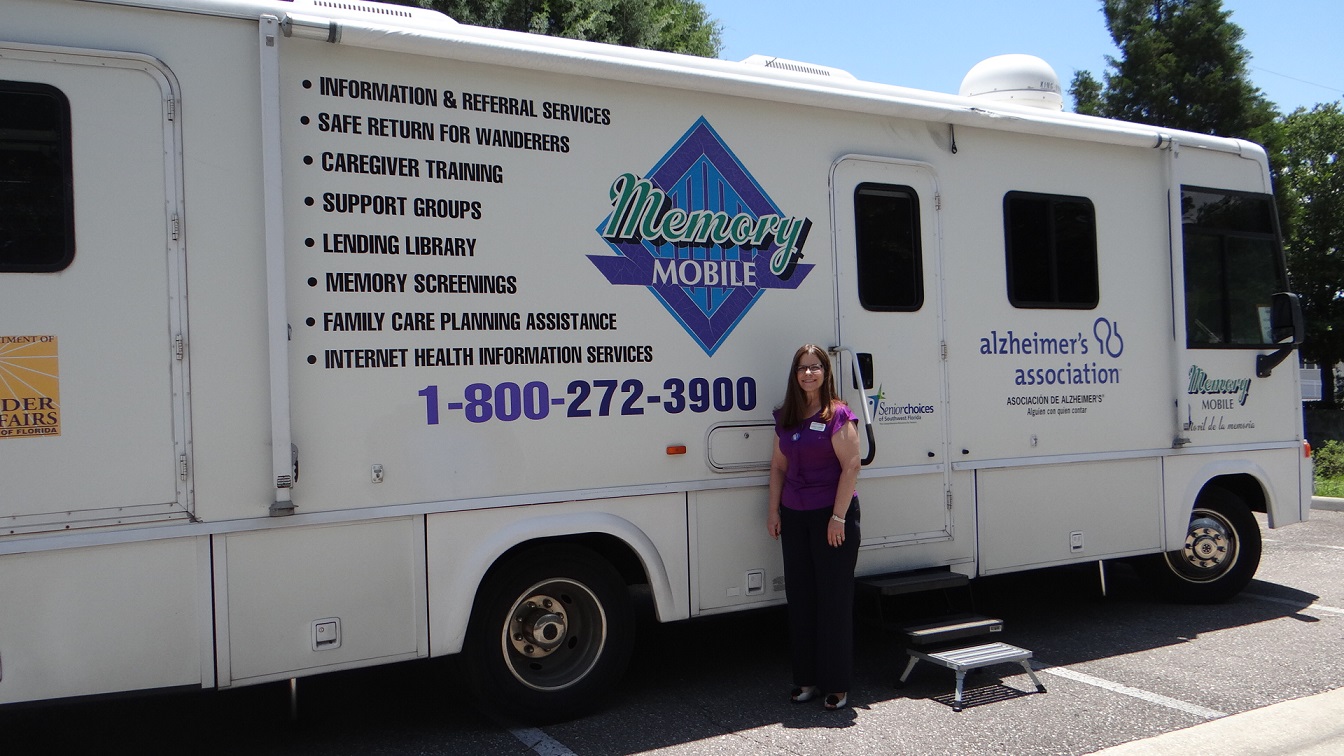Questioning the Quality of Long-Term Care Services in Florida
Are Florida’s elders getting shortchanged? As a state with a high elderly population (Florida’s 65+ group makes up over 18% of the population whereas the U.S. average is 13%), many people assume Florida will be at the cutting edge of long-term care services and programs for the elderly and disabled. But, a recent study suggests otherwise.
The scorecard on long-term care services ranks Florida 43rd overall on five measurements, including nursing home affordability, quality of care and support for family caregivers.
States that have more generous Medicaid benefits (the primary benefits program available to help with long-term care costs; Medicare does not cover long-term care), and that spend more on home-based care, did best in these rankings. Florida spends 23.5 percent of its long-term care budget on home-based care, earning it a rank of 40th in the nation. And only 49 percent of low-income disabled Floridians receive Medicaid benefits (39th in the nation).
Minnesota ranked #1 in the study and some examples of what they are doing include:
- Additional protections for workers who take time off to care for a sick family member
- More help to enable people in nursing homes who are capable of going home to do so
- Allowing professional home health aides, to do more medical-related tasks (thus potentially saving costs when nurses are required to do these tasks only).
Each state faces different priorities and challenges, but families are often unaware of this great variation and have very little knowledge of what the options are in their state. It can be quite a shocking process when facing long-term care needs for a family member.
What can you do?
- Get a basic understanding of what your state offers and how programs work here. Follow local experts’ blogs and publications that cover long-term care and health issues to stay updated.
- If you have a loved one who needs long-term care or may need help in the near future, get information sooner than later. Begin to understand what is available and the process you will need to go through to access help. Read up on the diagnosis and managing various eldercare issues (hint: we have loads of great senior care links, home care information and free eldercare downloads for you). Even if you think family members can handle everything, knowing what support is available and having good information will better enable you to care for your loved one.
- Speak up if you have concerns. This might be on an individual or policy level. Don’t take no for an answer without doing some research and finding out if there are alternatives. Hiring an independent advocate (like our expert care managers!) can be a worthwhile way to understand the big picture and find creative solutions. Consider sharing your thoughts with your legislators. Your story and input can help them understand how policy decisions are really affecting constituents.
- Get help. Florida is offering more and more options, though families sometimes find the system very confusing to navigate. Get some help so you can understand the best options for your family. Little things can become roadblocks to getting services. If you don’t understand timing, forms, and procedures you may be denied an option that could really help. It’s also useful to have an outside party analyze your individual situation to help you look at pros and cons of different choices.
You can sign up to get our monthly Wise Words newsletter for more long-term care and eldercare information, timely news articles and more! Or, contact us for a free needs analysis today.







 Popular Downloads
Popular Downloads


 Get Our Newsletter!
Get Our Newsletter! Mission Statement
Mission Statement

